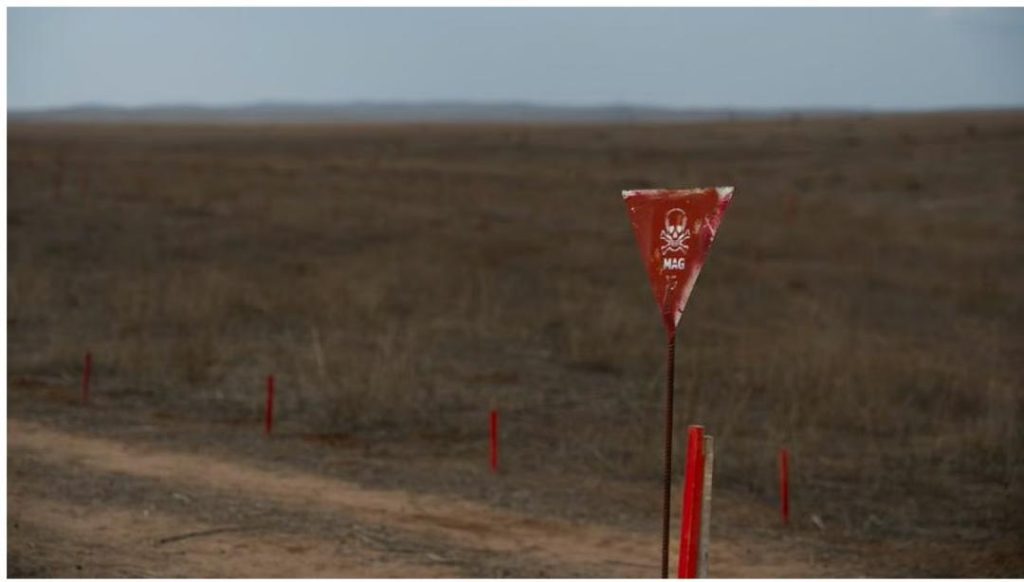
Landmines Plague Area Equal to 3 Lakh Football Fields in Iraq: ICRC
The ongoing conflicts and wars in Iraq have left a devastating legacy, with millions of people affected by the devastating effects of landmines and war remnants. According to a recent report by the International Committee of the Red Cross (ICRC), a staggering 2,100 square kilometers of Iraqi land, equivalent to nearly 300,000 football fields, remains contaminated by these deadly devices. This area is roughly the size of the city of Luxembourg, and its presence poses a constant threat to the lives of civilians, including children, women, and men.
The ICRC’s report highlights the alarming statistics of casualties caused by these landmines. Between 2023 and 2024, as many as 78 people, including civilians and deminers, lost their lives or were injured due to landmine explosions. These figures are a stark reminder of the ongoing risks faced by communities in areas contaminated by landmines.
The ICRC has urged increased efforts to clear affected areas and provide support to impacted communities. The organization has been working tirelessly to help Iraqis affected by the conflict, providing medical care, shelter, and other essential services. However, more needs to be done to address the scale of the problem.
The presence of landmines in Iraq is a legacy of the country’s protracted conflicts, which began in the 1980s and intensified in the 1990s and 2000s. The devices were widely used by various parties involved in the conflicts, including government forces, armed groups, and terrorist organizations. While the conflicts have subsided, the threat posed by landmines remains, with many of these devices remaining active and deadly.
The impact of landmines on communities is devastating. They can cause fatal injuries, amputations, and long-term disabilities. The psychological trauma caused by the threat of landmines can also have a profound impact on individuals and communities, leading to anxiety, stress, and depression. Moreover, the presence of landmines can limit access to essential services, including healthcare, education, and livelihood opportunities, exacerbating the already dire humanitarian situation in Iraq.
The ICRC’s report highlights the need for increased efforts to clear affected areas and provide support to impacted communities. The organization is working closely with the Iraqi government, local authorities, and other stakeholders to raise awareness about the risks posed by landmines and to promote the safe and effective clearance of contaminated areas.
The ICRC is also providing critical support to affected communities, including medical care, rehabilitation services, and economic assistance. The organization is working to establish sustainable livelihoods for communities affected by the conflict, including through the provision of training and employment opportunities.
In addition, the ICRC is advocating for increased international support to address the scale of the problem. The organization is calling on governments, international organizations, and other stakeholders to provide financial and technical assistance to support the clearance of contaminated areas and the provision of support to impacted communities.
The ICRC’s report serves as a stark reminder of the ongoing risks posed by landmines in Iraq. It is essential that all stakeholders, including governments, international organizations, and local communities, work together to address this critical issue and provide support to those affected by the conflict.
Source:






